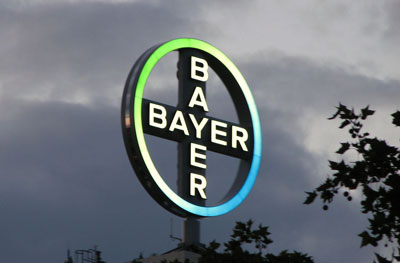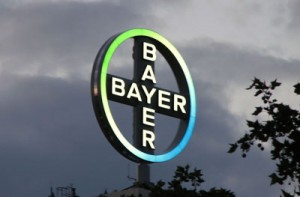SMC accepts sorafenib for use in Scotland
Posted: 13 July 2015 |
The SMC has announced that sorafenib has been accepted for use within NHS Scotland for the treatment of patients with thyroid carcinoma…


The Scottish Medicines Consortium (SMC) has announced that Bayer’s sorafenib (Nexavar®) has been accepted for use within NHS Scotland for the treatment of patients with progressive, locally advanced or metastatic, differentiated thyroid carcinoma, refractory to radioactive iodine.


There has been a worldwide increase in the incidence of thyroid cancer. In 2011, there were 240 new cases in Scotland alone and it is one of the few cancers which can occur in both sexes but is more common in women than men. Patients with differentiated thyroid cancer will often develop metastases in the lung, bone, and/or brain which can cause pain, breathing or swallowing difficulties and bone fractures.
“This is good news for patients in Scotland with unresectable differentiated thyroid carcinoma in that it fills a significant unmet need for patients who previously lacked therapeutic options for this type of thyroid cancer,” said Dr Alexander Moscho, CEO Bayer UK & Ireland.
Sorafenib significantly extended progression-free survival compared to placebo
In a phase III study, sorafenib was shown to significantly extend progression-free survival (PFS), the primary endpoint of the study, compared to placebo (HR=0.59 [95% CI, 0.46-0.76]; p<0.001), which represents a 41% reduction in the risk of disease progression or death for patients who received sorafenib compared to placebo-treated patients. The median PFS was 10.8 months in patients treated with sorafenib, compared to 5.8 months in patients receiving placebo.
The safety and tolerability profile of sorafenib in patients in the trial was generally consistent with the known profile of sorafenib. The most common treatment-emergent adverse events with sorafenib were hand-foot skin reaction, diarrhoea, alopecia, weight loss, fatigue, hypertension and rash.
Sorafenib was approved for the treatment of progressive, locally advanced or metastatic differentiated thyroid cancer that is refractory to radioactive iodine, in May 2014 in the European Union.




